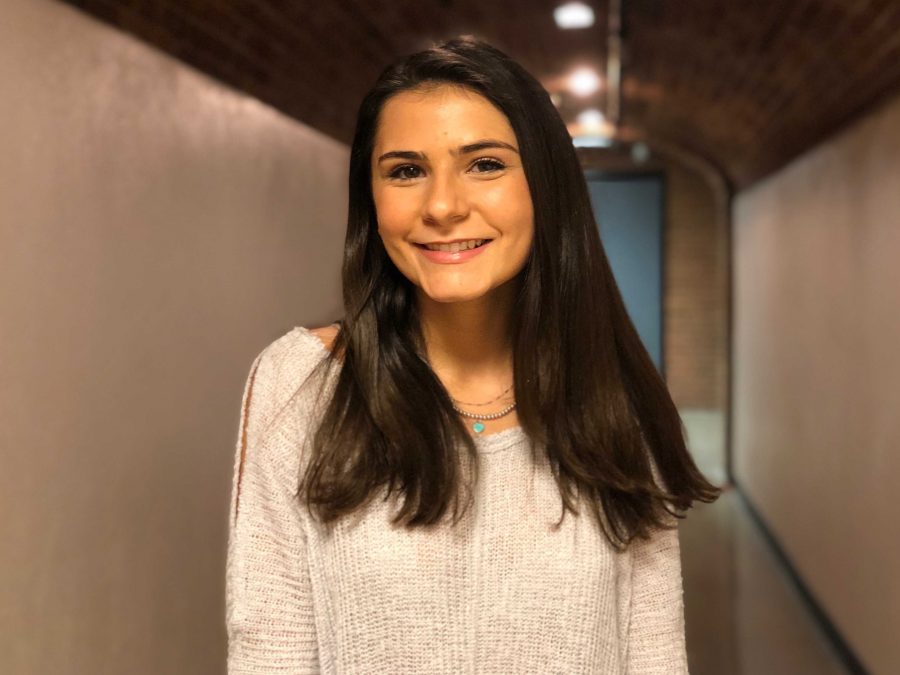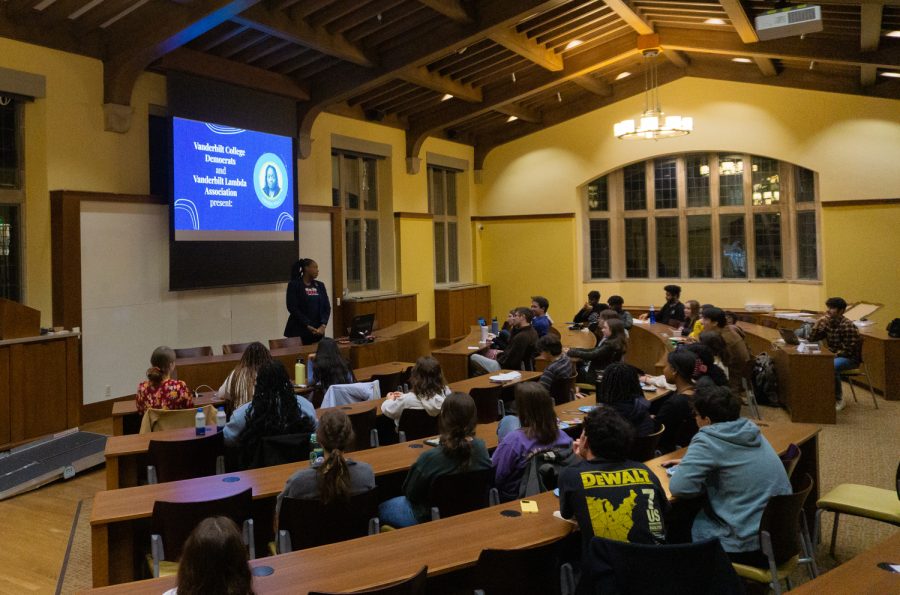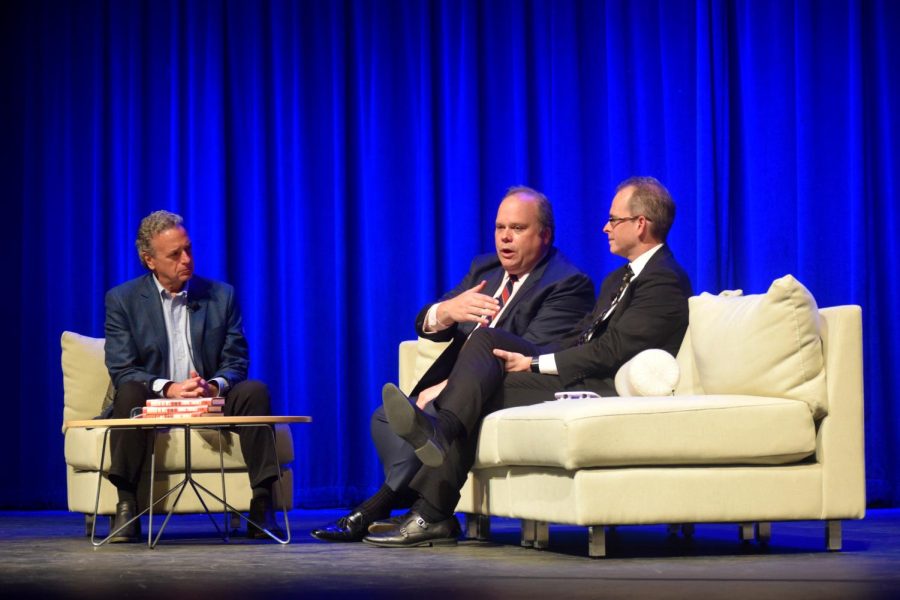On the night of November 6th, as the first results of the 2018 midterm elections trickled in, the Democrats seemed to have had a disappointing night in store for them. They did not perform as well in a few key Senate races as many pollsters expected, and the media quickly picked up the narrative that the “blue wave” was barely a ripple. Recently, however, as election officials have counted more ballots and established final tallies in Western states, this narrative has disintegrated. Democrats are on track to gain about 38 seats in the House of Representatives, pending the final counts in California. They gained seven governorships, pending recounts in Georgia and Florida. Most strikingly, and perhaps most easily overlooked, Democrats gained over 300 seats in state legislatures across the country.
Beyond their sheer numbers, the composition of the Democratic winners this year indicates that times are changing. November 6th saw an historically diverse group of candidates win their races. We watched Ayanna Presley, the first African American congresswoman from Massachusetts, Sharice Davids and Deb Haaland, the first Native American congresswomen, and Ilhan Omar and Rashida Tlaib, the first Muslim congresswomen, all win seats in the House of Representatives. Partisanship aside, all Americans should take pride in the inclusion of such historically under-represented groups in elected office. Partisanship considered, however, all of these women are Democrats.
Partisanship further considered, Democratic candidates showed the nation that they could run on progressive platforms and still compete in red states. Senators Sherrod Brown and Tammy Baldwin, both supporters of universal health insurance (albeit quietly in Brown’s case), easily won re-election in states that Trump won in 2016. Beto O’Rourke, a progressive superstar, dramatically outperformed expectations, falling just 2.6% short of defeating Ted Cruz in deeply conservative Texas. Former Tennessee Governor Phil Bredesen, however, who ran as a centrist dedicated more to bipartisanship than progressive policy, was crushed by conservative firebrand Marsha Blackburn. These cases, along with the late Democratic wins in California, give us enough evidence to reject the argument that the Democratic strategy in 2018 was too progressive.
The Democrats’ gains this past week point to a highly motivated base. In total, Democrats cast 4 million more votes than Republicans in all House races. Much of this surge is attributable to new college-age voters. About 31% of Americans ages 18-29 voted during the midterms, nearly a ten percent increase in participation relative to the 2014 midterms. According to the Pew Research Center, 67% of this demographic voted for Democrats in House races. These numbers incontestably demonstrate that young voters are emerging onto the political scene with a fervor never before seen in recent political history.
This increased turnout drove real, tangible results, but it did not come easily. Across the nation, voter suppression threatened to stifle Americans’ voices. Election officials rejected disproportionately large numbers of absentee ballots in diverse counties, and they closed polling locations in largely African-American precincts, forcing voters to stand in line for hours at the few remaining polls. In North Dakota, the state GOP’s imposition of a new voter ID law prevented thousands of Native Americans from voting. But all of these poorly-concealed attempts to hinder the democratic process tell us something that every American must know by 2020—your vote does count, which is why some state governments are doing everything in their power to prevent you from using it.
Over the past few weeks, the Vanderbilt community demonstrated that it recognizes the significance of voting and civic engagement. Get Out the Vote drives, posters taped across campus, and frequent emails reminding students to order absentee ballots were just a few of the measures that both student and faculty organizations implemented to increase civic participation among students. In particular, Vanderbilt students played a major role in the election of Bob Freeman, the Democratic candidate for Tennessee House District 56, who flipped a seat that Republicans have controlled for 30 years.
Freeman, who won by a mere 2.8%, relied heavily upon Vanderbilt students to lay the groundwork for his success. Four of his five interns were Vanderbilt students, and his campaign often sought help from the Vanderbilt College Democrats. According to junior Todd Polk, one of Freeman’s interns, “the race was really close. We knew that going in. Each and every vote made the difference, which meant that every phone-banking session and day of canvassing also mattered more than ever.”
It is difficult to overstate the impact that a few determined individuals can have on local politics. By focusing on the issues most important to their communities, candidates for local and state office like Bob Freeman can avoid the polarization that divides national politics. Furthermore, “because the mainstream media does not cover local races in detail,” Todd argues, “many residents might not have even heard of our race if not for the interns’ voter contact efforts.” Thanks in large part to Vanderbilt students, Freeman will have the opportunity to support primary education, improve access to health care, and renew much of Nashville’s infrastructure once he joins the state legislature.
While Freeman narrowly prevailed, Nashvillians resoundingly voted to pass Amendment 1 to Nashville’s Charter, which will establish a community oversight board to investigate police misconduct. Local leaders called for community oversight of the police after two black men were controversially shot by white police officers. Once again, surging turnout, including among young voters, was key to Amendment 1’s passage. And once again, grassroots volunteering and organizing made the difference, overcoming the well-funded opposition.
Locally, the midterm elections prove that those of us who wish to step outside the “Vanderbubble” can find an impactful way to do so by volunteering for the causes we support around Nashville. Nationally, the midterms show us that young Americans can drive progress when they make their voices heard. Above all, the midterms tell us that participation matters, and that we must not grow complacent as this election cycle passes into history.




